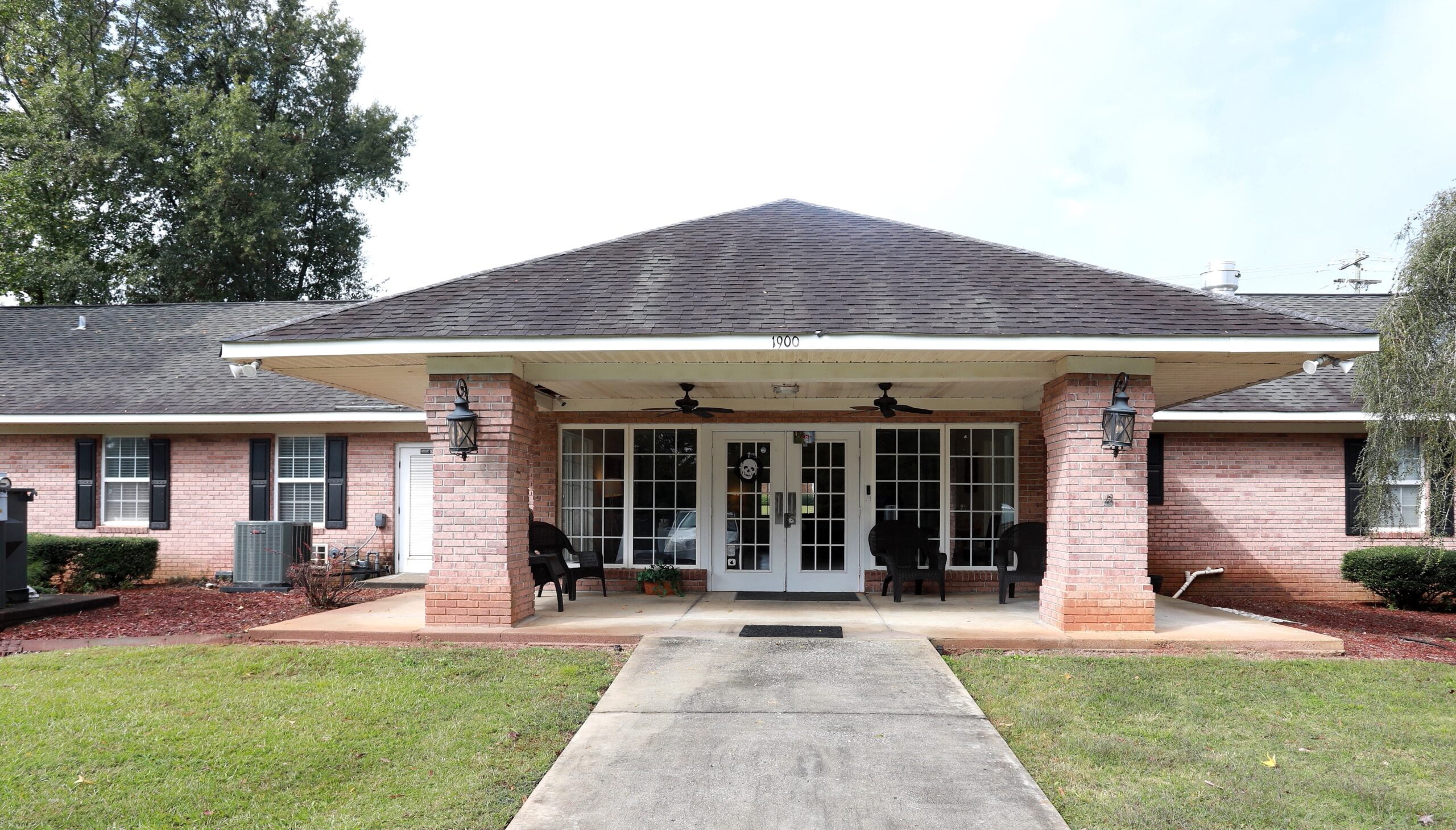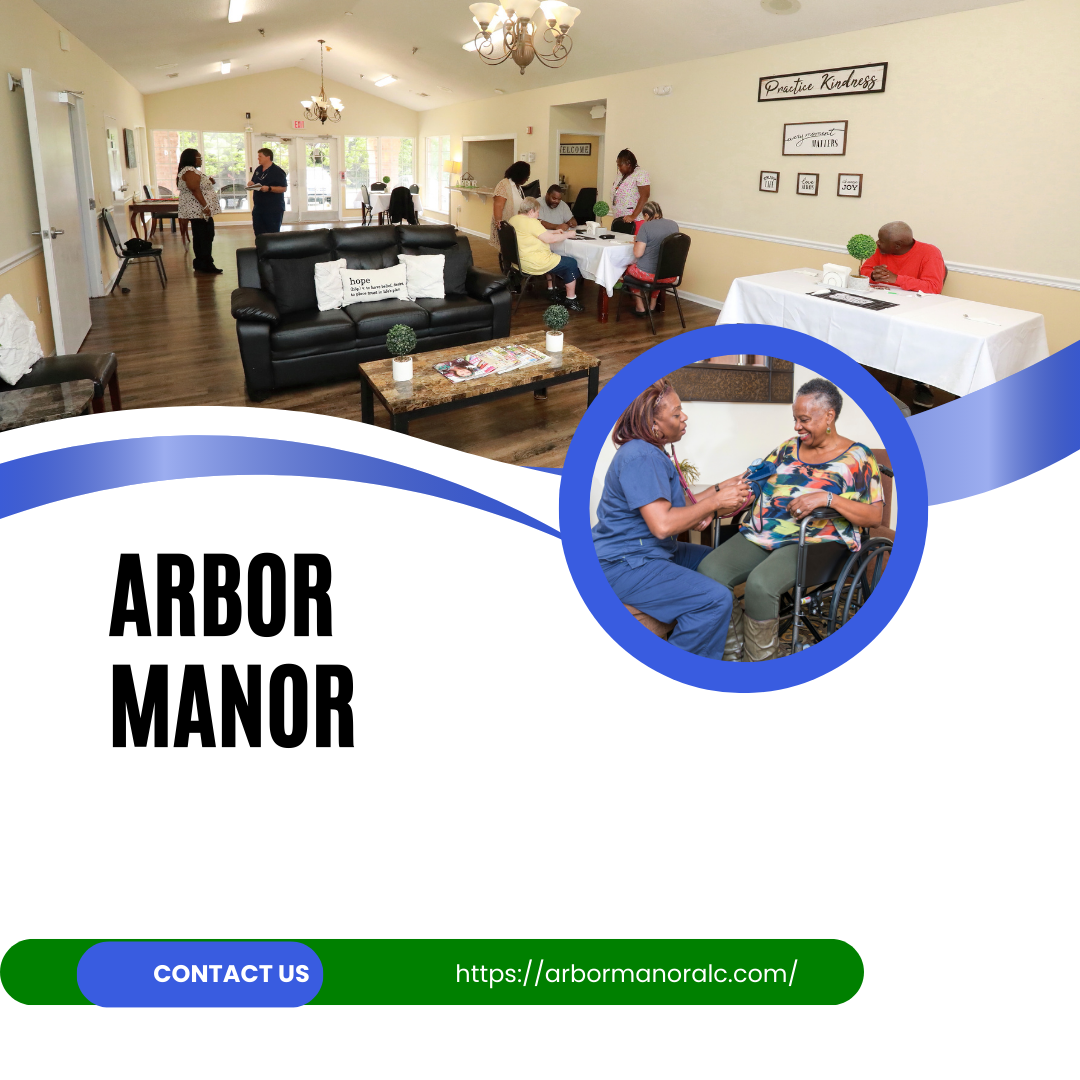The Significance of Social Engagement in Memory Care for Seniors
In Assisted living facilities in Macon, Georgia, particularly within memory care settings, social engagement is profoundly important. For older adults, especially those facing memory issues or cognitive challenges, maintaining social connections is essential for their overall well-being. Let’s delve into why social engagement is so vital in memory care for seniors, examining its benefits, challenges, and strategies to foster meaningful interactions.
Understanding Memory Care
Memory care provides specialised support for seniors with Alzheimer’s, dementia, or other cognitive conditions. These conditions impact more than just memory; they also affect communication, mood, and behaviour. As a result, memory care facilities strive to create environments that prioritize safety, comfort, and a high quality of life for their residents.
Challenges in Fostering Social Engagement
While the benefits of social engagement are clear, memory care facilities often face distinct challenges in fostering meaningful interactions:
Cognitive Impairments
Memory loss and cognitive decline can make it challenging for individuals to initiate or sustain conversations, interpret social cues, or remember previous interactions.
Communication Barriers
Seniors with dementia may have difficulty expressing themselves or understanding others, leading to frustration and potential withdrawal from social situations.
Physical Limitations
Mobility issues or health problems can limit seniors’ participation in group activities or outings, reducing their opportunities for social engagement.
Behavioural Symptoms: Issues such as aggression, agitation, or wandering can disrupt social interactions and pose safety concerns for both residents and staff.
Encouraging Social Engagement
Despite the challenges, memory care facilities can adopt various strategies to foster social engagement and create inclusive environments:
Personalized Care
Customizing activities and interactions to match individuals’ preferences, interests, and abilities ensures meaningful engagement, promoting autonomy and dignity.
Organized Activities
Providing a range of structured programs, such as art therapy, music sessions, or reminiscence groups, allows residents to socialize while accommodating diverse interests and capabilities.
Intergenerational Initiatives
Partnering with local schools or community organizations for intergenerational activities, such as reading sessions or art projects, benefits both seniors and children, fostering meaningful connections and mutual learning.
Family Participation
Encouraging families to visit regularly, join in activities, or participate in care planning helps maintain ongoing relationships and provides emotional support for residents.
Inviting Environments
Designing dementia-friendly spaces with cozy seating areas, sensory gardens, and reminiscence corners can promote spontaneous social interactions and engagement.
Benefits of Social Engagement
Social engagement significantly enhances the lives of seniors in memory care. Research consistently demonstrates that regular interactions with peers, caregivers, and loved ones offer numerous benefits:
Cognitive Stimulation
Socializing activates the brain, supporting cognitive function and potentially slowing memory decline. Conversations, games, or group activities exercise various cognitive skills, such as memory, attention, and problem-solving.
Emotional Health
Loneliness and isolation are common among seniors, especially those with memory issues. Regular social interactions can alleviate loneliness, improve mood, and provide emotional support. Meaningful connections foster a sense of belonging and purpose, enhancing overall well-being.
Communication Improvement
For individuals with communication difficulties due to dementia, social engagement offers valuable practice and maintenance of verbal and nonverbal skills. Engaging in conversations promotes expression, comprehension, and social interaction, improving communication abilities over time.
Enhanced Life Quality
Social interaction enriches seniors’ lives, contributing to a higher quality of life. Sharing experiences, laughter, and companionship creates moments of joy and contentment, even amid memory challenges.
Reduced Behavioral Symptoms
Social isolation can exacerbate behavioral symptoms associated with dementia, such as agitation or depression. Regular social engagement, however, can mitigate these issues by providing mental stimulation, emotional support, and a sense of structure and routine.
Conclusion
In memory care for seniors, social engagement is more than just a recreational activity; it’s a vital component of holistic care. By fostering connections, encouraging cognitive stimulation, and enhancing emotional well-being, social engagement significantly enriches the lives of seniors facing memory loss. Despite the challenges posed by cognitive impairments and other limitations, embracing personalised approaches and creative strategies helps cultivate vibrant, inclusive communities where residents thrive socially, emotionally, and cognitively.


